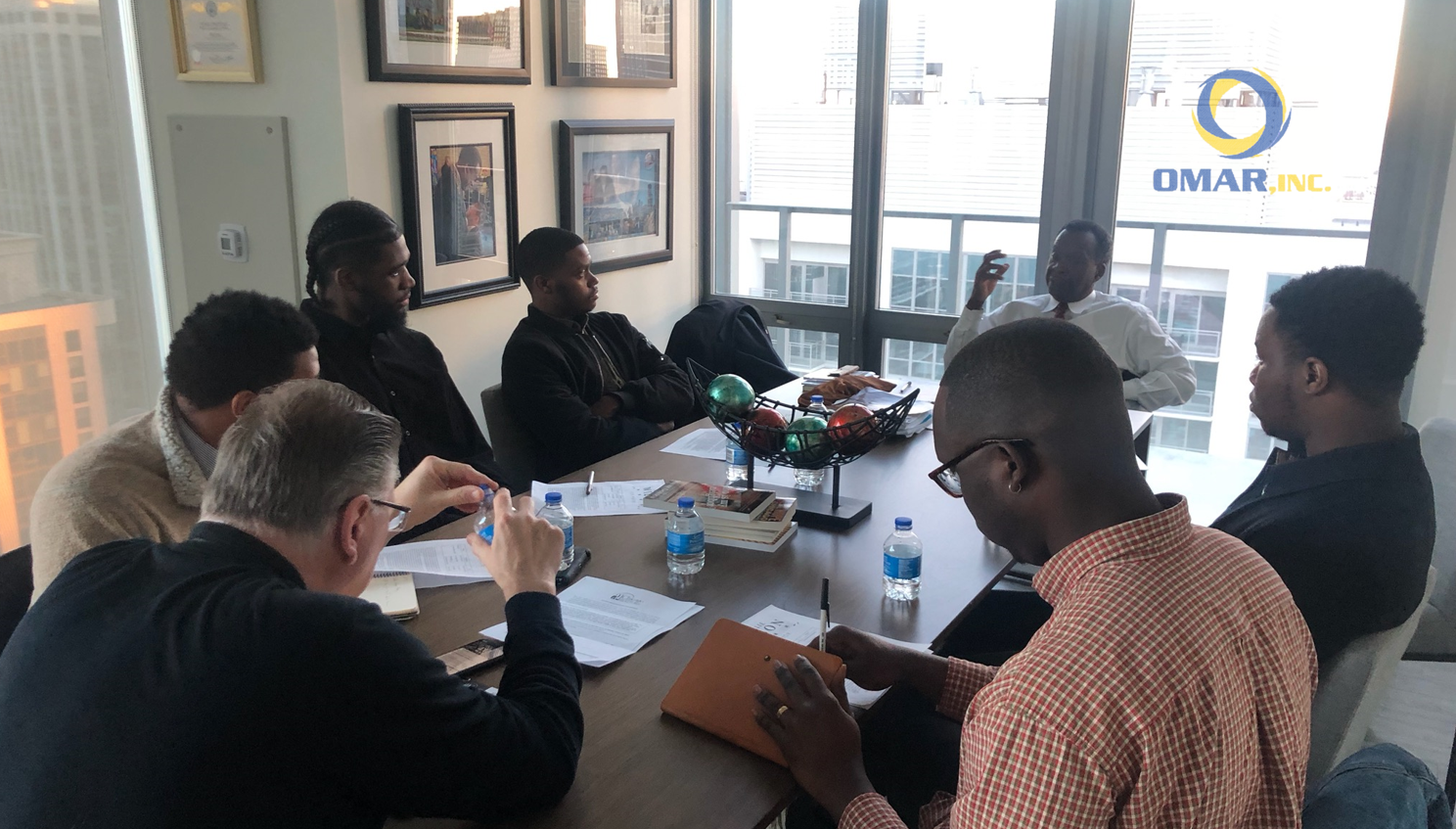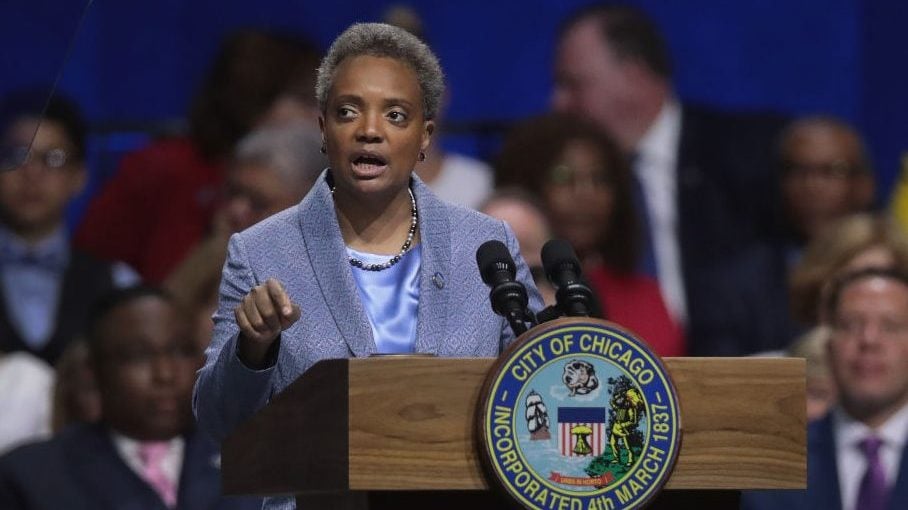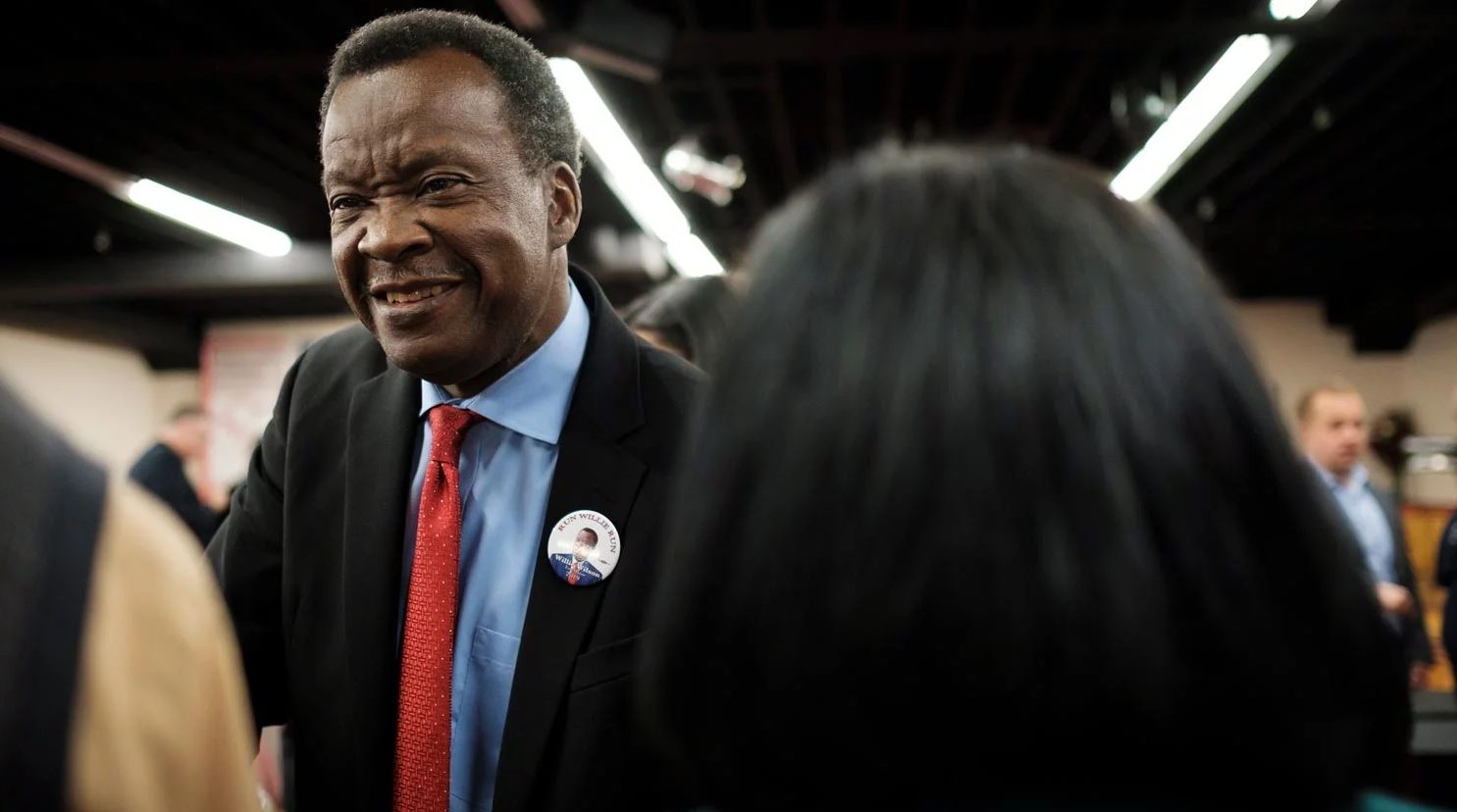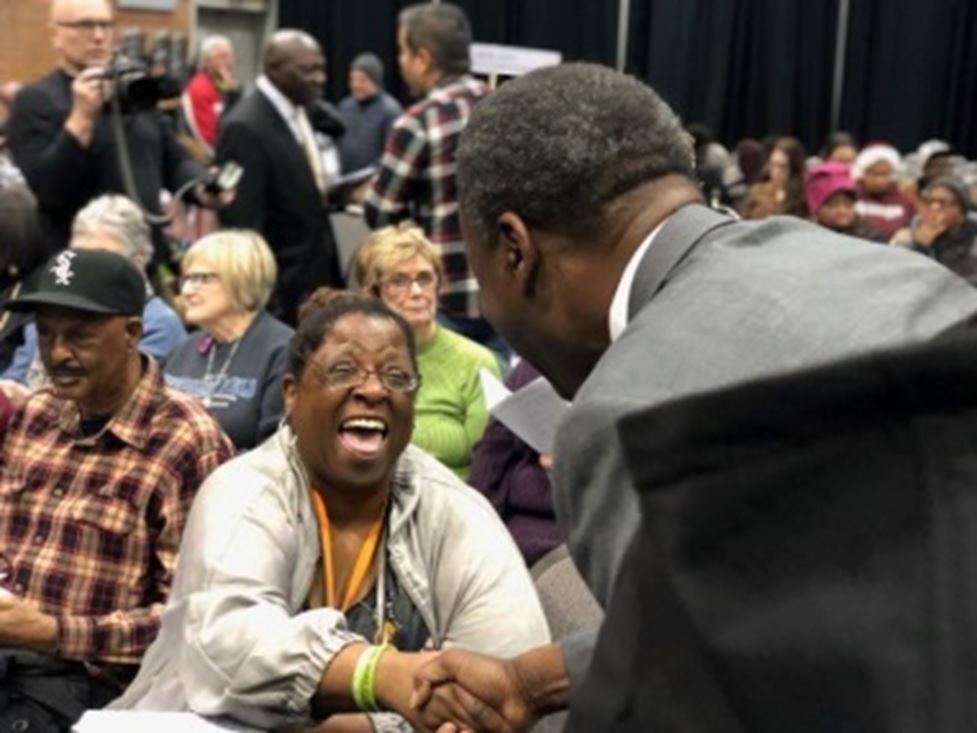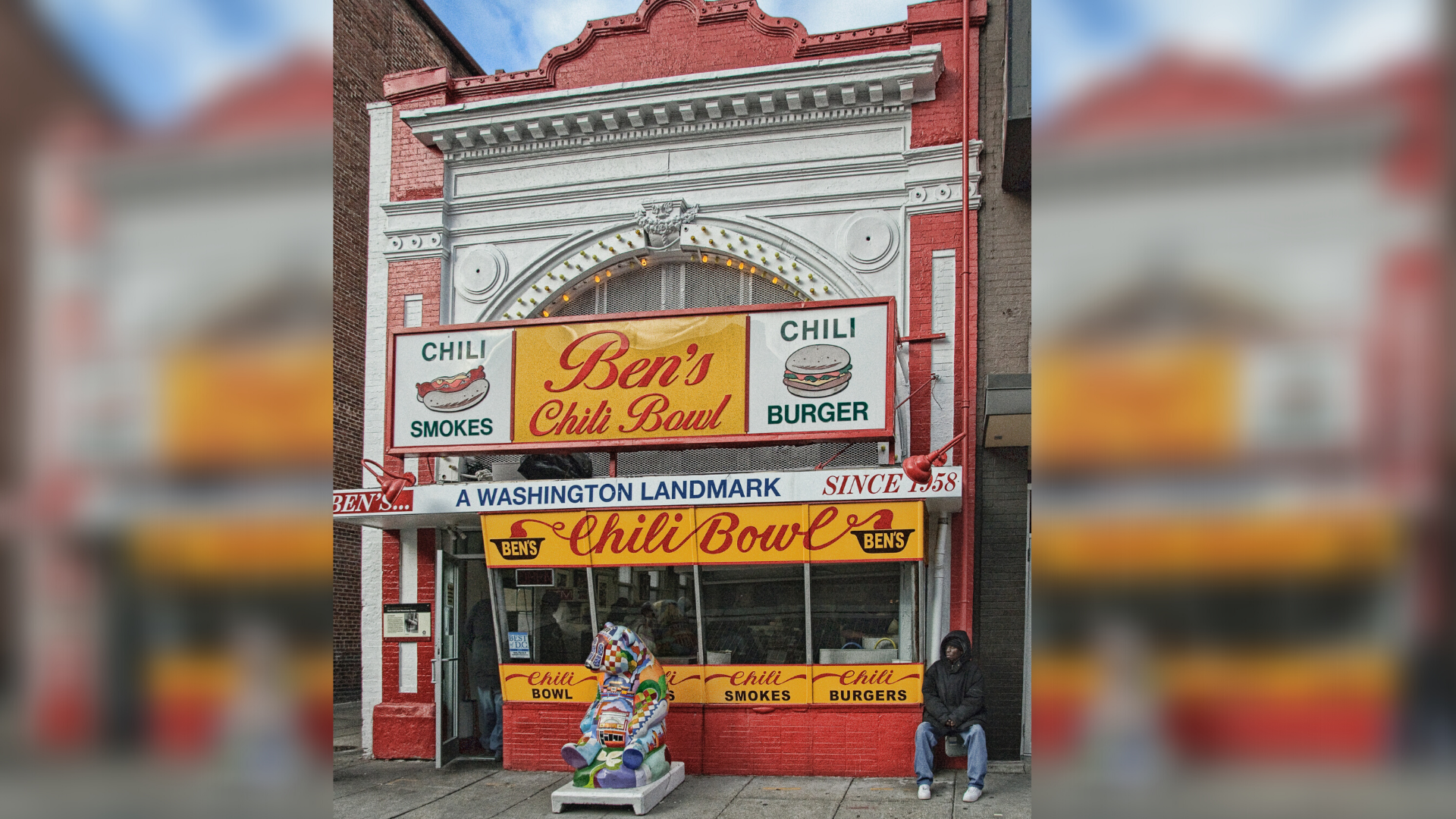A disturbing video of a Rancho Cordova police officer assaulting a Black teenager has once again gone viral.
In the clip that was shot by a bystander purportedly on Monday, a Rancho Cordova police officer is seen attempting to handcuff the teenager who is believed to be 14. The person who originally uploaded the tweet said the incident happened because of a cigar.
The unarmed teenager is punched repeatedly, has his neck squeezed and thrown from side to side.
“RCPD brutally tackled and hit my best friend’s 14 year old brother today over a swisher sweet! The officer had no reason to brutalize and traumatize this boy like this! He has a pre existing health condition which could be fatal under this kind of stress! Unjustifiable!”
RCPD brutally tackled and hit my best friend’s 14 year old brother today over a swisher sweet! The officer had no reason to brutalize and traumatize this boy like this! He has a pre existing health condition which could be fatal under this kind of stress! Unjustifiable! pic.twitter.com/94fqyu3J28
— De$🔮 (@destiinoo_) April 28, 2020
READ MORE: Charges dropped against Michigan teen in alleged police brutality case
There is no footage as of yet to what occurred before the 15 seconds of filming occurred, but many still felt that the officer did not have to escalate to the violence he did. It was noted that a white teenager would not have been treated in the same manner.
“Yet white school shooters walk out handcuffed practically skipping with authorities after slaughtering the masses…..*not all cops are bad, but some obviously stick to a certain script*,” one commented.
Julián Castro, former Secretary of Housing & Urban Development and Mayor of San Antonio retweeted the disturbing footage. It got over 1 million retweets within a half hour as Castro called for action to be taken against the unidentified cop.
“WARNING: This video of a @RanchoCordovaPD officer beating a 14-year-old is sickening, and demands immediate action. How many of these videos must we see before we do something about police violence in this country?” he tweeted.
April Ryan, White House correspondent and Washington bureau chief of American Urban Radio Network, expressed her outrage. She demanded his firing.
“Fire him! Now!” she simply tweeted.
A woman who alleged to be the teenager’s sister took to Twitter and stated that her brother had been arrested for resisting arrest. She said there was more footage that she wasn’t able to upload and he had a heart condition that could’ve been triggered by the assault.
“And to add on: my brother has a serious heart condition that could be triggered very easily by being hit in his chest/back! He’s a kid and has never been in any kind of trouble with the law! He was very scared and in so much pain!!!,” she tweeted.
And to add on: my brother has a serious heart condition that could be triggered very easily by being hit in his chest/back! He’s a kid and has never been in any kind of trouble with the law! He was very scared and in so much pain!!!
— nana mf bangah💋 (@0hnana__) April 28, 2020
The Rancho Cordova Police Department in Rancho Cordova, Calif., reacted to the video and social media outcry Tuesday afternoon with a statement. They claimed that there was an investigation in its infancy but that a problem-oriented policing officer was responding to complaints from citizens about sales of alcohol, tobacco, and drugs to minors.
The statement goes on to claim that the teenager informed the deputy he was 18 and that the officer was acting within the bounds of his authority.
“Having reasonable suspicion that criminal activity was occurring, the deputy attempted to detain the juvenile so he could conduct further investigation. The juvenile became physically resistive at that time, causing the deputy to lose control of his handcuffs, which landed several feet away,” the statement read. The deputy attempted to maintain control of the juvenile without his handcuffs and while alone waiting for his partners to arrive and assist him.”
The unnamed juvenile was cited and released to his guardians. Despite the investigation into the apparent use of force, the police department also felt that the teenager was responsible for the incident.
“This type of situation is hard on everyone–the young man, who resisted arrest, and the officer, who would much rather have him cooperate,” the statement continued.
The post Rancho Cordova police officer brutalizes unarmed Black teen in viral video appeared first on TheGrio.
from TheGrio https://ift.tt/2KGXgW5
via

